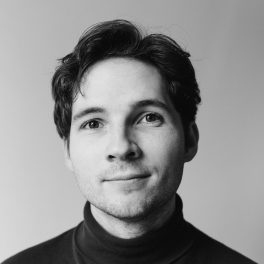
Walter Marsh
Walter is a writer and editor living on Kaurna Country.
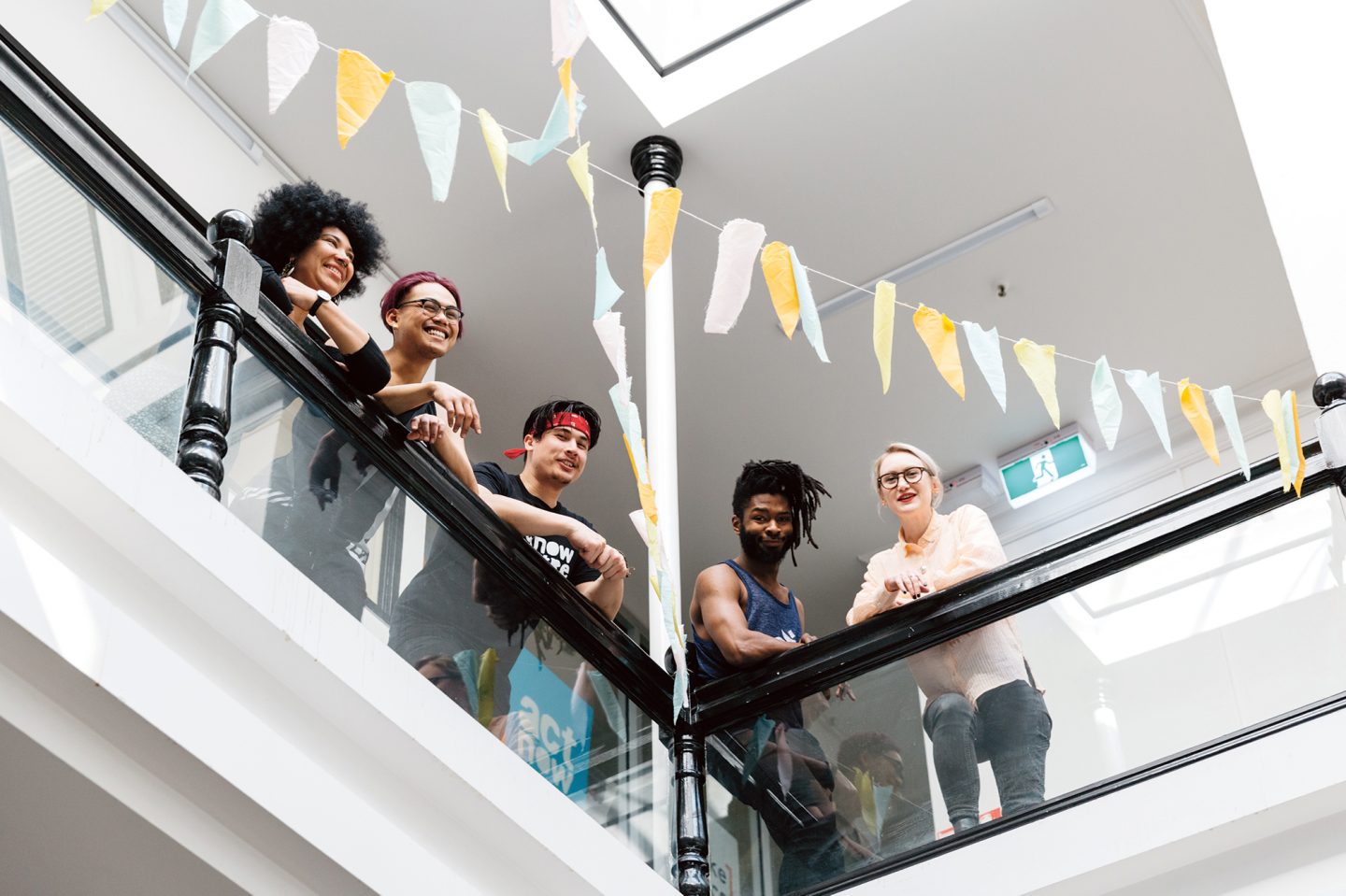
Writers SA will spearhead an ambitious new project to transform a national literary landscape that is often overwhelmingly white, insular and fixated on the eastern states.
“We recognised that literature and publishing is one of the most culturally homogenous art forms and industries, and within Australia a lot of opportunities for writers and artists are centred on the east coast – particularly Melbourne,” Writers SA director Jessica Alice tells The Adelaide Review. “We were thinking about what writers in South Australia need, and what could help them live and work here and not leave.”
An important part of this equation is, of course, money, and with $82,000 in Australia Council funding freshly secured Alice hopes to pass that cash directly to writers. “Literature is such an under-funded art form, but it’s particularly difficult for writers who are marginalised by class, sexuality, gender, culture, all these sorts of things,” she says. “This project is really about supporting South Australian writers and supporting the contribution they have to the national literary industry and conversation, and sense of a national identity.”
The Diversifying Australian Writing plan will see Writers SA partner with creators and organisations across a range of grassroots projects including a writers’ group for Aboriginal and Torres Strait Islander authors, quarterly LGBTQIA+ meet-ups and a Deaf storytellers project. This suite of initiatives builds on Writers SA’s ongoing efforts over the past 12 months to engage with underrepresented voice. This includes the inaugural Context: Winter Writing Festival in July, which focused on platforms for local writers, and the creation of a national First Nations Fellowship with HarperCollins imprint Harlequin and Flinders University, which announced its inaugural recipient last month in Melbourne-based author Angie Martin.
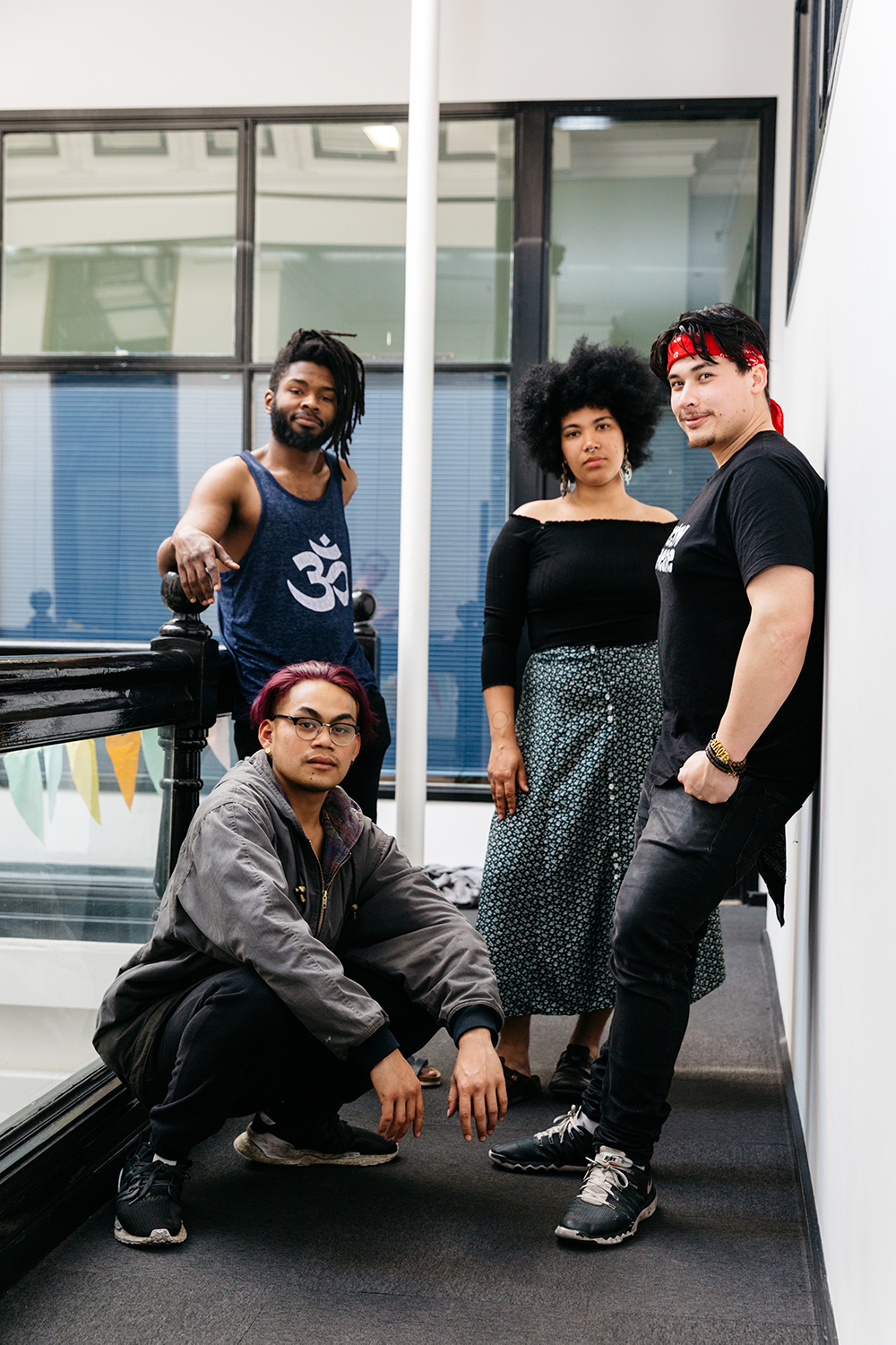
“It’s all community-led, we’re not trying to tell the sector what it needs,” Alice says of this partnerships-based approach. “We’ve been listening to the community and talking with the community; we’ve been having these conversations for a long time, and we’ve been working together to figure out what writers here need. We’re going to keep doing that – that’s what our job is.”
One such group is Soul Lounge, a spoken word and poetry community founded by poet Manal Younus that provides a rare platform for young and culturally diverse writers and performers. “Soul Lounge started off as a group of diverse people that wanted to have their own space,” organiser Matcho Cassidy explains. “Manal Younus has said, it’s important for people of colour, for migrants to have their own space so they feel comfortable, so they can go on stage and present their writing, their work, their artistry without feeling judged or segregated into a checkbox. It’s for us to come together and collectively relate to each other and share our experiences, our stories.”
“I think the most important thing is it gives a space for people to be vulnerable, and explore themselves,” Soul Lounge participant Alex Vansilalom says. “I think that just brings a lot of healing, hearing other people being able to open up to themselves on the mic.”
Alice says, “The ethos of Soul Lounge is so strong, it’s just such a good idea and it’s such a good community – the kind of voices that come out of Soul Lounge are incredible. We’ll be supporting Soul Lounge to pay their performers and getting South Australian writers to travel interstate to build their networks and audiences, and then bring some interstate folks here.”
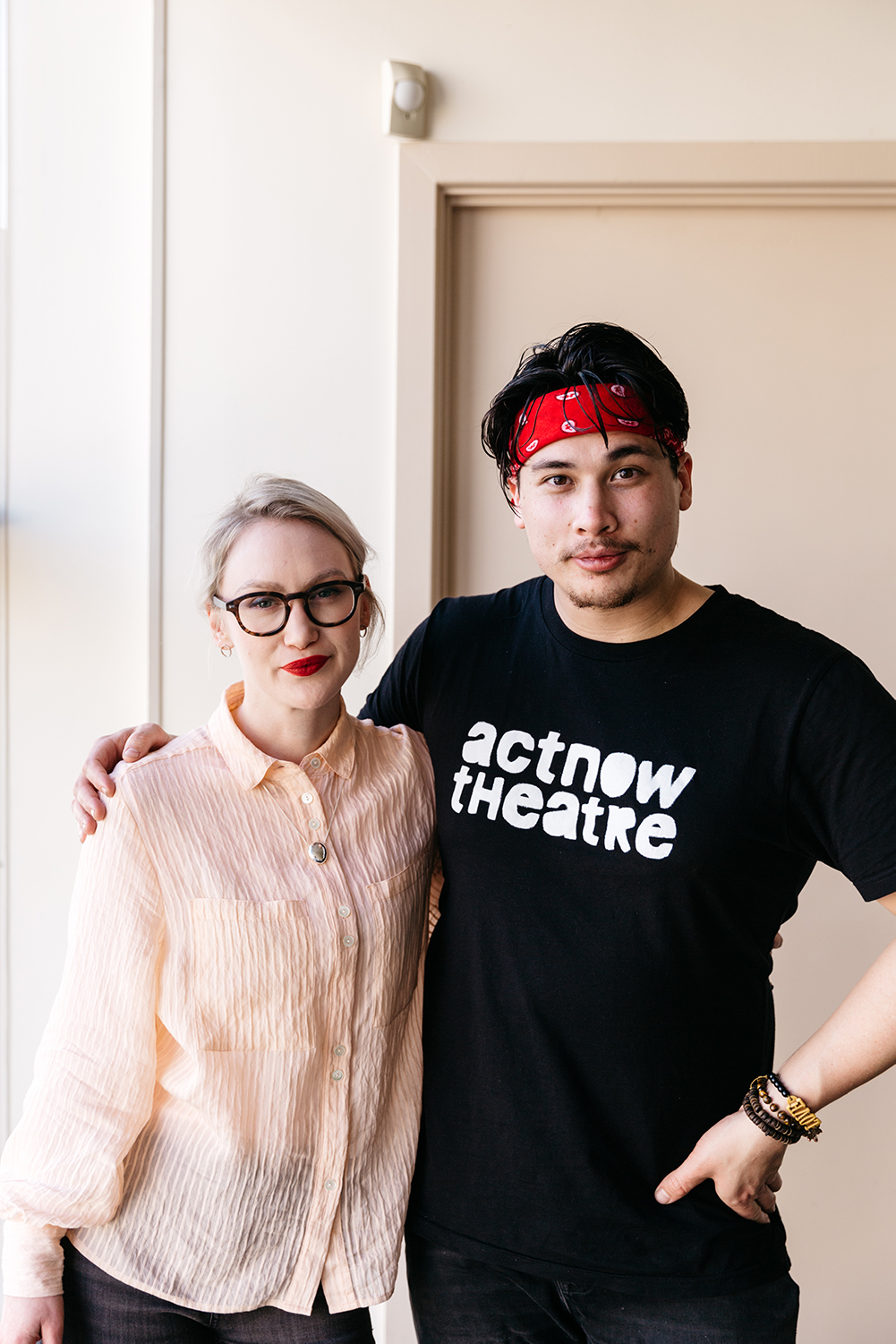
To receive such an injection of peer-reviewed federal funding in a highly competitive environment speaks to the timeliness and necessity of the project. “It’s so encouraging because we know that this is the important work that we need to do,” she says. “It’s incredibly difficult to get these grants at the moment, but we’re so appreciative and just heartened by the fact that the things that we care about and this project, to diversify Australian writing and to support marginalised writing, is something that there’s broader support for in the community here and on a national level.”
The project has a 15-month timeframe, but Alice anticipates that its outcomes will be felt for years to come. “These are the writers who are going to be disrupting that cultural homogeneity in that community, these are the writers that are going to be producing – and many of them already are – Australia’s great literature. They’re voices and people who are so important, and we just want to support them to make that work, and be recognised nationally and internationally.
“It’s going to be a really generative project, people are going to be creating great work, making really incredible relationships and networks. It’s the start of something very exciting for writers in our state.”
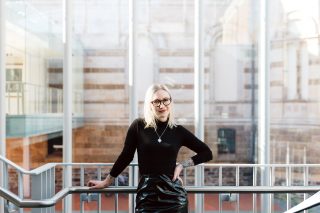

Walter is a writer and editor living on Kaurna Country.